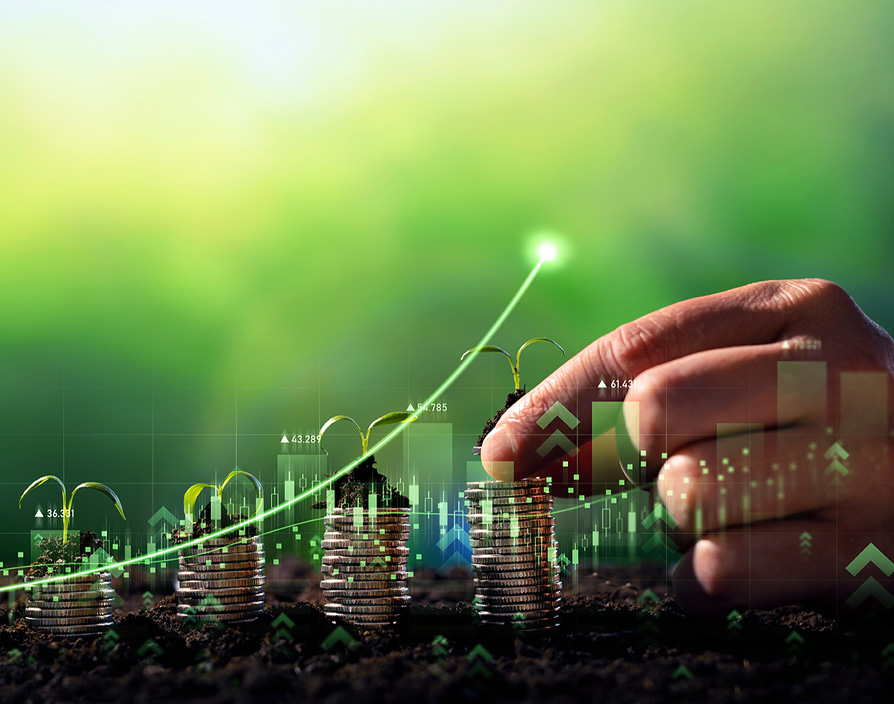Many businesses have brought environmental and social sustainability into their businesses over the past 5 years when it has become more popular to do so. However, I have often heard over the past 18 months from several businesses who have told me that in the cost-of-living crisis they have put their sustainability agenda on hold and are focusing just on the ‘business’ side. I think this is a mistake and assumes that driving a sustainability agenda is mutually exclusive to profits. It isn’t! Better sustainability and better profits go together.
My experience as a business leader over the past several years is that the more, we do for our people, our communities, and our planet, the more profitable we become. Think of it another way, it’s never been that difficult to work out that business that treat their people well are more successful. Companies where their people look forward to coming to work rather than seeing it as a chore are far more likely to see better productivity, greater loyalty, and better financial results. For those businesses that treat their people less well the converse is true.
There is increased demand from consumers for companies to not only treat their people and their supply chain well but also the planet. In a survey commissioned by B Lab UK in April 2023 it was found that 78% of people believe that business should have a legal responsibility to people and planet alongside maximising profits. As time moves on, businesses that can demonstrate they are good for planet and people will not only have better people working for them but more suppliers wanting to work with them and more customers wanting to buy from them. It’s not difficult to work out that all that leads to greater revenue and better profits.
Whilst they can’t claim to exclusively have all ‘good’ companies in their fold, the B Corp certification is one of the most holistic measures of all-round sustainability. My company, Cotswold Fayre, was one of the founding UK B Corps and even in the early days with very little data it was clear that B Corps were growing much faster than the average UK company. 28 times higher than GDP back in 2017.
There are now 2,000 UK B Corps and in a more recent survey mentioned above comparing B Corps with BEIS data, it was found that in several measures B Corps were doing much better than average businesses.
B Corps saw an average growth of 26% between 2017 and 2020 vs UK average of 5%. The average head count of B Corps increased 14% vs the average of 1%. B Corps had a much lower attrition rate of 8% vs 16-20%, and 43% B Corp SMEs have applied for or received R & D tax credits vs 6% of the wider SME population.
As a CEO I have found financial success grows in parallel to better sustainability. The more we have been generous to people and planet, the faster we have grown, the better people we have recruited, and our attrition rate has slowed to only 6.9%. Many good people want to work for companies that are not just successful financially but also having a positive impact on the world around them. And what does having the best people working for you mean? Yes, you guessed it. Better revenues and better profits
So, it would seem from this data that acting responsibly as far as social and environmental sustainability is concerned is not mutually exclusive to profits. In fact, I would go further than that. If you want to be a successful business at this time in the 21st century, put people and planet first and the profits will follow.
Share via:









































